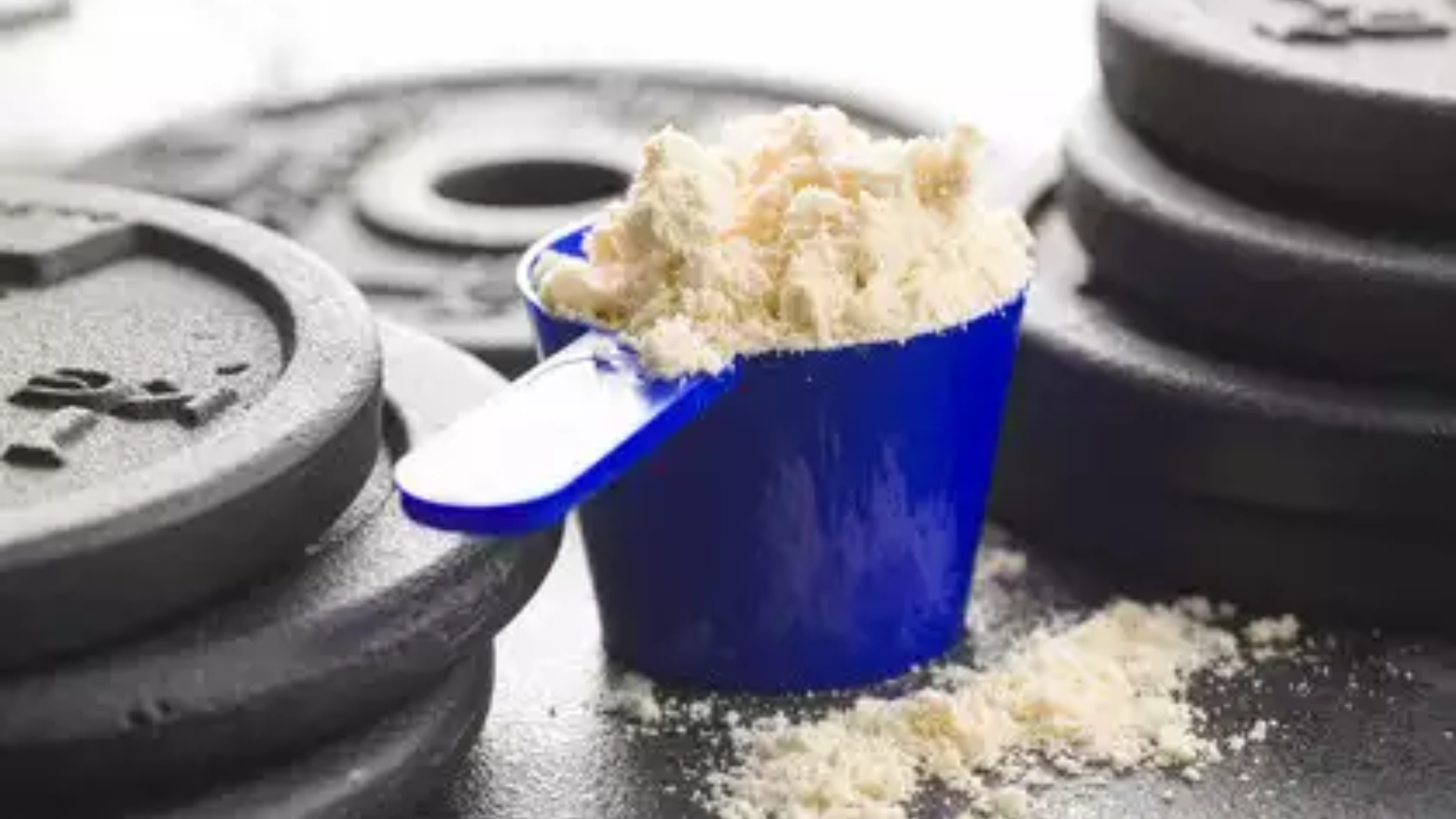A recent observational study conducted on the most popular protein powders available and consumed in India has revealed significant shortcomings in terms of quality, labeling, and advertised claims.
The study, published in the peer-reviewed journal Medicine, examined 36 different brands of protein powders, some of which included herbal and dietary supplements such as vitamins, minerals, and other natural or synthetic ingredients.
The analysis found that nearly 70 percent of the supplements provided inaccurate information regarding their protein content, with some brands offering only half of what they claimed. Additionally, approximately 14 percent of the samples contained harmful fungal aflatoxins, while 8 percent showed traces of pesticide residue.
The authors of the study, clinical researchers associated with Rajagiri Hospital in Kerala and a technology entrepreneur from the US, also noted that many Indian-made herbal protein-based supplements were of poor quality and contained liver-toxic botanicals.
Dr. Cyriac Abby Philips, a hepatologist from Rajagiri Hospital in Kerala and the principal investigator of the study, emphasized the lack of proactive and prospective analyses of widely used supplements, especially protein-based ones, in published literature. While occasional reports have focused on the quality of specific components in protein supplements, such as amino acids, there has been limited research on the overall quality and safety of these products, particularly in the Asia Pacific region.
Also Read: No Interim Relief For Arvind Kejriwal From Supreme Court, Next Hearing On THIS Date
The study underscores the need for stricter scrutiny, regulation, and safety studies within the protein-based herbal and dietary supplement industry. It also highlights the importance of consumer rights to transparency in choosing safe food and supplement options, as well as the responsibility of the medical community to educate the public about potentially harmful products.
Despite attempts to reach out to G. Kamala Vardhana Rao, the chief executive of the Food Safety and Standards Authority of India (FSSAI), for comment on the study findings, there has been no response at the time of publication. The report will be updated if a response is received.
In response to a question raised in the Lok Sabha in August of the previous year, Union Health Minister Mansukh Mandaviya disclosed that in 2022-23, a significant number of civil and criminal cases were filed by the FSSAI related to non-conforming food samples, including protein powders and dietary supplements.





















